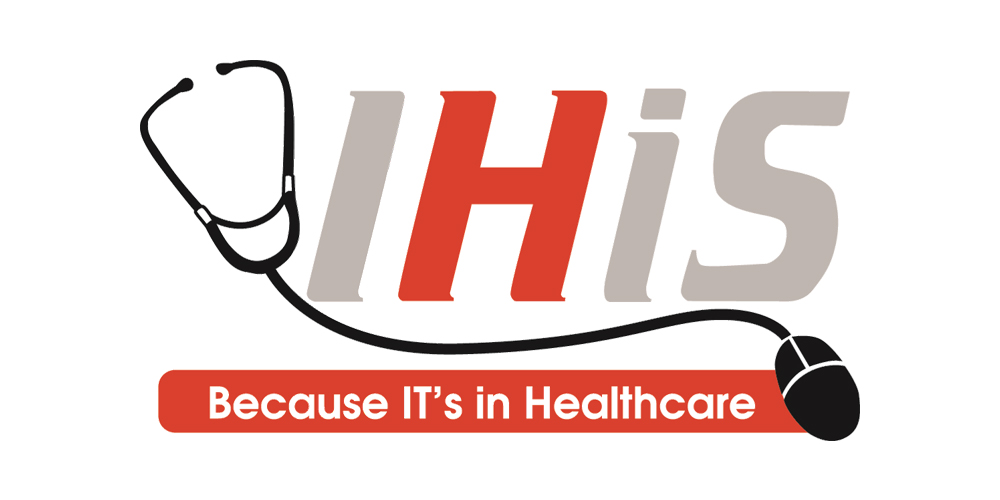More than 800 patients from 104 clinics were affected by the software glitch concerning medicine dosage labels, said Integrated Health Information Systems (IHiS) last Saturday (1 Sep).
Previously, it was estimated that 400 patients from 83 clinics were affected, which was half of the actual numbers discovered and recorded later on.
Speaking to The Straits Times, IHiS, the government IT firm under which the GPConnect software operates, found that an exact total of 836 patients were prescribed medicine with inaccurately printed dosages.
An IHiS spokesperson illustrated the inaccuracies using the following examples:
- “Take 2ml 3 times a day” was wrongly printed as “Take 2 bottles 3 times a day”;
- “Take 1 tablet 3 times a day” was printed in an incomplete manner, e.g. “Take 1 3 times a day”.
Elaborating on the cause of the glitch, the spokesperson revealed that the glitch arose from a scheduled system update, adding that by Sunday (2 Sep), IHiS had already informed most of the clinics affected to enable the clinics to alert their patients regarding the system error.
The spokesperson also mentioned that several clinics have performed manual correction to the errors prior to handing the medicine to patients, adding that “The issue has been fully resolved”.
“Patient safety is our priority. We take this incident very seriously and deeply apologise for the error,” said the IHiS spokesperson.
A GP who spoke to The New Paper revealed that the GPConnect system is “not robust enough yet” and that this was not the first glitch he had experience since he joined the practice last year.
When the GP lodged a complaint regarding the glitch last Saturday, the GP was told by the system operator that it was his clinic’s fault for not checking the labels.
“We computerise so work is more efficient. We check on the computer and it is correct, so we expect the printout to also be correct,” the GP added.
Speaking to The New Paper, Dr Choo Kay Wee of A Life Clinic at Novena Medical Centre, said that GPConnect is better than some of the other systems he has used.
“It is a new system, so glitches are expected. The important thing is how fast they rectify the problem. IHiS has a team of very dedicated people,” said Dr Choo.
The GPConnect software, which was launched early last year, provides clinical and administrative support to general practice (GP) clinics. To date, only 150 clinics have implemented the GPConnect system although over 200 have initially signed up for it.
The signing up for GPConnect is a part of the move to consolidate patients’ data, ahead of the requirement to submit such data into the National Electronic Health Records (NEHR) which is also managed by IHiS, and in anticipation of the Healthcare Services Bill that will come into enactment soon.
The new healthcare services legislation will require all doctors and laboratories to key in patients’ information into the NEHR, except when the patient has declared to opt out.
The NEHR provides accessibility to doctors in need of patients’ basic health records, which could be valuable and life-saving in critical conditions.
IHiS had recently been placed under the spotlight over the SingHealth cyber attack fiasco, in which the personal data of 1.5 million patients were stolen, including that of Prime Minister Lee Hsien Loong, whose particulars were “repeatedly and specifically” targeted.







